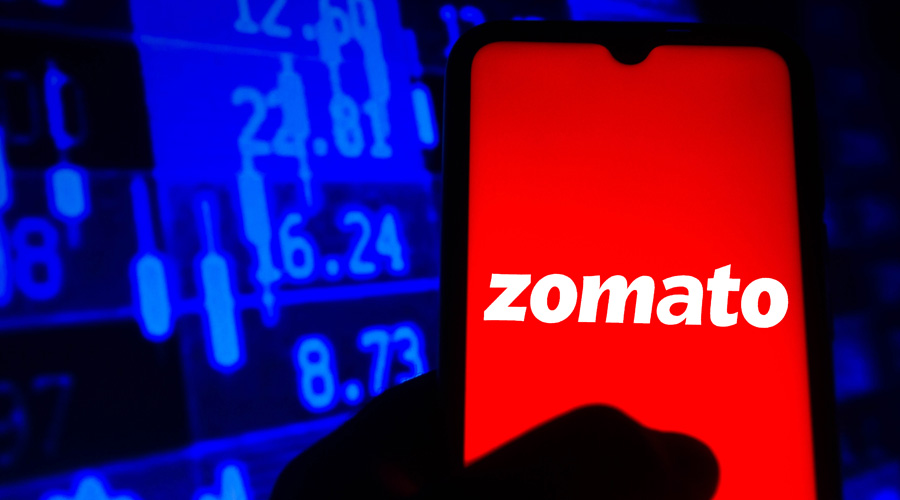The all-powerful GST Council is likely to discuss on Friday a proposal to treat food delivery apps such as Zomato and Swiggy as restaurants and levy 5 per cent GST on supplies made by them, an official said.
A proposal to make the delivery platforms liable to pay the Goods and Services Tax (GST) on restaurant services supplied through them is one of over four-dozen proposals that will be taken up by the Council at its meeting in Lucknow on September 17.
If approved, the apps would be given certain time to make changes in their software to allow for such tax to be charged.
Once approved by the GST Council, food delivery apps will have to collect and deposit GST with the government, in place of restaurants, for deliveries made by them. There would be no extra tax burden on the end consumers.
As per estimates, tax loss to exchequer due to alleged under-reporting by food delivery aggregators is Rs 2,000 crore over the past two years.
Under GST, these apps are currently registered as Tax Collectors at Source (TCS).
One of the reasons for designing such a proposal was that there was no mandatory registration check by Swiggy / Zomato and there were unregistered restaurants supplying through these apps.
Even though the rate of tax is low, since food delivery volumes are high, the tax evasion amount is also substantial, the official said.
Analysis of returns filed by delivery apps and the restaurant services for the state of Haryana showed that for Zomato, the gap in taxable turnover for suppliers where TCS was deducted by Zomato was greater than the turnover declared by such suppliers. Therefore, there was evasion of tax.
Similarly, in the case of Swiggy, there was a gap in taxable turnover for suppliers where TCS deducted by the app was greater than the turnover declared by such restaurant suppliers.
Accordingly, the suggestion of food delivery apps collecting and depositing GST with the government would be placed before the GST Council, the official added.











